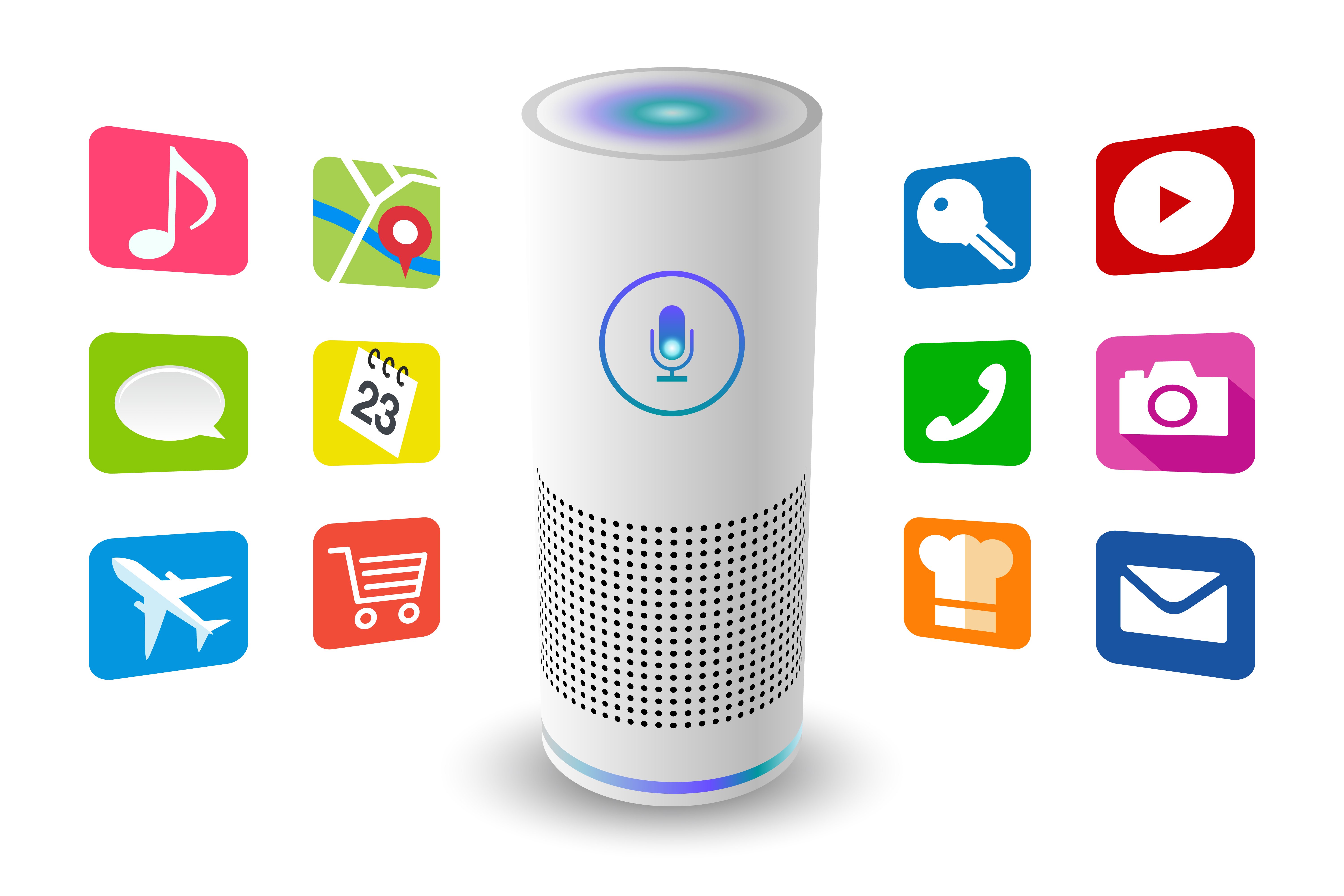
Technological advancements have transformed the way businesses plan and execute their marketing strategies.
As a result, marketing's future will rely heavily on data, artificial intelligence, and individualized customer experiences.
It seems that general marketing skills, such as traditional content creation and SEO, will become decreasingly essential by 2025. Here are five marketing skills you should become familiar with right now to stay relevant in these fast-changing times.
Learn More About 21st Century Marketing:
- Customers Now: An Optimized Guide to Inbound Marketing
- How to Build Effective Buyer Personas
- Understanding the Importance of Lead Nurturing
- How to Create a Content Compass to Plan Your Marketing Strategy
1) Focus on Customer Data, Analytics, & Insights
Consumer behavior, interests, and purchasing behaviors are continually evolving. For this reason, marketers must have access to a regular stream of data, analytics, and insights to always provide the best possible customer experience. Based on a brand's objectives, there are several approaches to collecting this type of information.
For instance, an e-commerce company interested in learning how consumers interact with their website can find in-depth data on Google Analytics. This platform shares visitor demographics, pages visited, time on each page, referring domains, and much more.
Additionally, conducting market research is another great option when needing to collect data from target consumers. Market research allows marketers to test advertising concepts, measure brand perception, identify awareness sources (social media, television commercials, print media), and conduct competitor analyses.
Key Takeaway 💡
Insights gathered from market research and website analytics are used to create data-driven marketing campaigns based on current consumer feedback. This approach is far superior to marketing initiatives built on outdated strategies and assumptions.
Watch the Video:
2) Artificial Intelligence (AI) is the Future of Marketing
Artificial intelligence will undoubtedly impact the marketing industry as we know it. It is a skill everyone in the marketing profession must become familiar with to stay relevant and accelerate brand growth.
AI is defined as "the theory and development of computer systems able to perform tasks that normally require human intelligence." (Oxford Reference) For example, artificial intelligence uses machine learning to optimize the timing of when digital ads run for the best return on investment – a task that once required human interaction.
With that being said, marketers should not fear AI but embrace it. Artificial intelligence identifies hidden patterns of a customer's journey to predict future behaviors. This insight helps marketers quickly create personalized experiences to retain customers and increase new business.
Key Takeaway
More than ever, brands will be looking for professionals with this marketing skill, as 55% of companies are actively investigating some form of AI initiative. (Smart Insights)
3) Don't Forget Emotional Intelligence (EI)
While artificial intelligence and marketing automation will prove to be necessary marketing techniques, they will never eliminate human to human interaction entirely. We experience several feelings and emotions that machines cannot mimic. As a result, marketers must continue to evolve their emotional intelligence (EI) skills.
Emotional intelligence is a psychological concept that defines someone's ability to regulate their emotions and recognizes others' feelings in various circumstances. Marketers with strong EI understand what emotions influence and motivate consumers to purchase their products or services. They know how to establish a meaningful relationship to turn a prospect into a repeat customer.
Key Takeaway
EI (emotional intelligence) will be a needed skill as every communication touchpoint is automated and controlled by machine learning. At the end of the day, people like to talk to people.
4) Hey Alexa, What is Voice Search Engine Optimization (VSEO)?
For years, search engine optimization (SEO) was an essential skill for every marketer to master. While this is still the case, there is a new subset of the popular inbound marketing technique.
Voice search engine optimization (VSEO) quickly came on the scene after the rise of voice-enabled devices such as Alexa and Google Assistant. According to Gartner, 30% of searches are now done sans a screen, with 41% of adults using voice search daily. It only makes sense to start familiarizing yourself with executing a voice marketing strategy for your brand to stay relevant.
To begin, think about how you can optimize your website and content for voice search. Studies show that people using voice-enabled devices are looking for detailed information such as hours of operation, a product's price, or whether a company provides a particular service.
Key Takeaway
The "voice search" trend suggests that marketers should dedicate specific pages written for quickly answering questions. It is critical to have important information about your business readily available to make it easier for Google to find and reciprocate. Doing so will ensure that data is not lost in translation by Alexa or Siri.
5) Just Keep Learning, Learning, Learning
There seems to be a new skill in the marketing profession to learn and execute with each passing day. While it can seem overwhelming at times, it is vital to stay updated on these changing trends and techniques. Failing to do so will cause your brand to plateau and fall behind competitors that choose to evolve.
- Try blocking off your calendar one-hour each week for self-learning and teaching.
- Create a line item in your 2021 marketing budget for professional training classes.
- Create an accountability group who focus solely on encouraging one another to stay on a growth track.
A third-party perspective can help encourage creative thinking and new ideas to grow your business. As a marketer, you know this industry is continually changing. Don't get left behind!










No Comments Yet
Let us know what you think